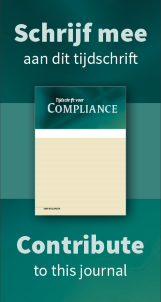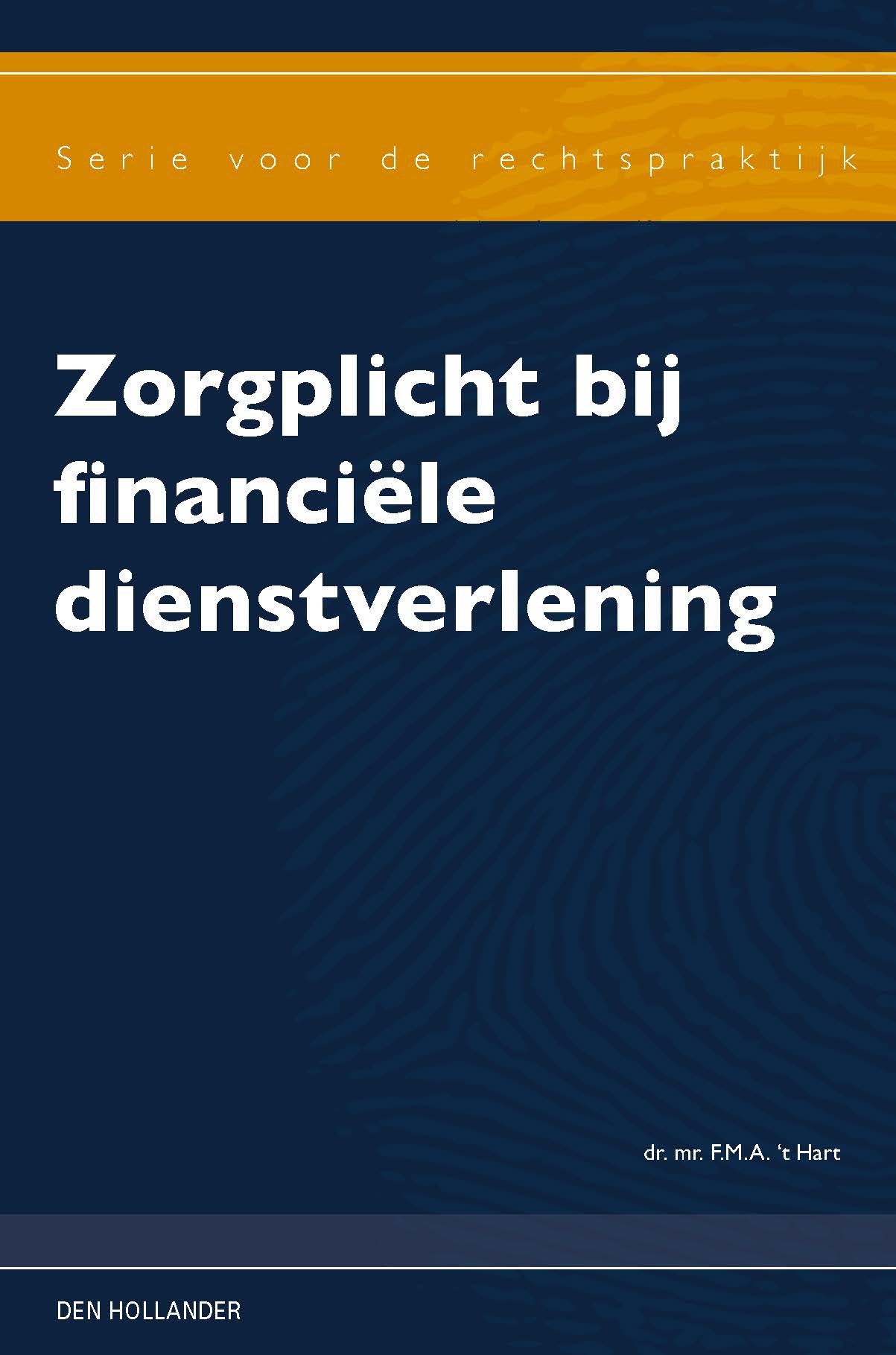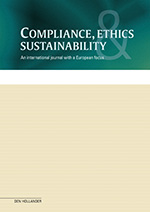Moving targets: how designated individuals manage to put their estate out of the reach of sanctions
Lior Delfassy1Artikel kopen € 79,00 excl. BTW
In plaats van abonneren kunt u dit artikel ook afzonderlijk kopen.
Since the outbreak of the war in Ukraine, many Russian oligarchs have been targeted by European and U.S. sanctions. Both regimes create similar obligations, but do not have the same reach. For historical reasons, European asset freeze measures extend to assets or entities that are controlled by designated persons. U.S. authorities have taken a pragmatic stance with a clear-cut 50%-ownership rule to extend asset freeze. The responsibility of identifying concealed assets is therefore shared: authorities gather intelligence on potential control and operators may rely on registered ownership. It avoids the burden of assessing the control. The latter notion, subjective by nature, creates a real challenge for European operators to identify such assets within complex structures over numerous jurisdictions – oligarchs have mastered the science of concealing their assets over the recent years. Luckily, some tools and data are available to help compliance officers with these tasks.
U heeft op dit moment geen toegang tot de volledige inhoud van dit product. U kunt alleen de inleiding en hoofdstukindeling lezen.
Wanneer u volledige toegang wenst tot alle informatie kunt u zich abonneren of inloggen als abonnee.




